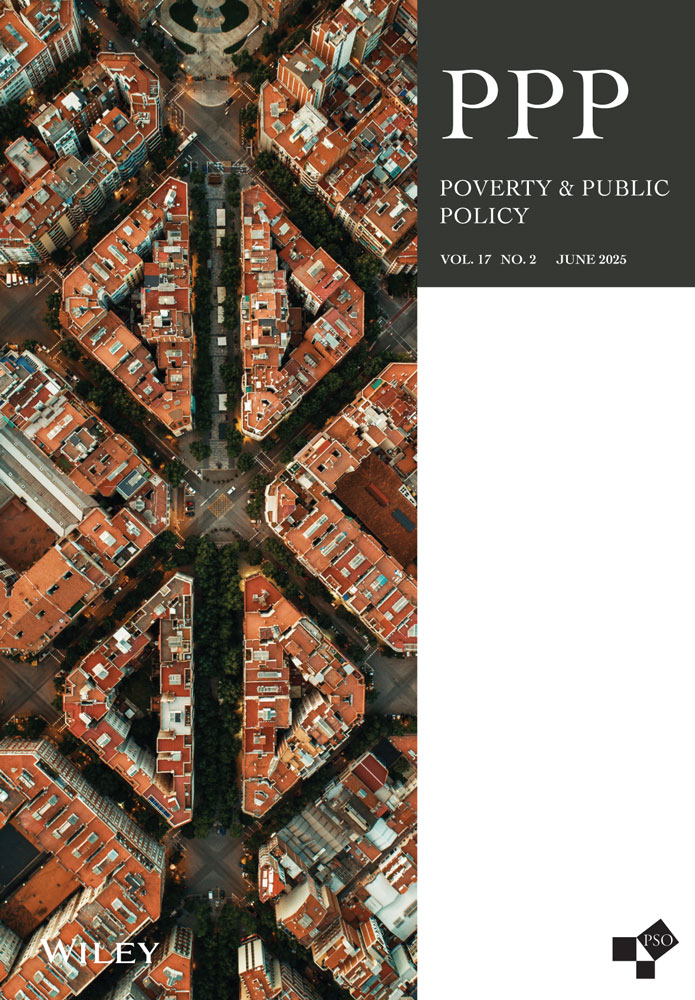Energy Burden and the Need for Integrated Low-Income Housing and Energy Policy
Abstract
Using detailed sociological and public health qualitative interview data, we demonstrate that energy poverty is more pervasive, and results in a greater energy burden for low-income tenants, than many policymakers would assume. This is due in part to a lack of funding, policy non-coordination, and a lack of understanding of the social and economic benefits of energy conservation, energy education, and flexible utility billing policies. Examining LIHEAP, weatherization, utility, and housing assistance policies, we suggest that a coordinated, regional approach to home energy and housing policy that integrates programs in each area will provide a more coherent policy solution.




